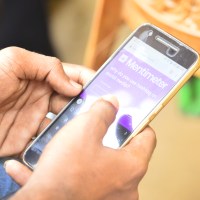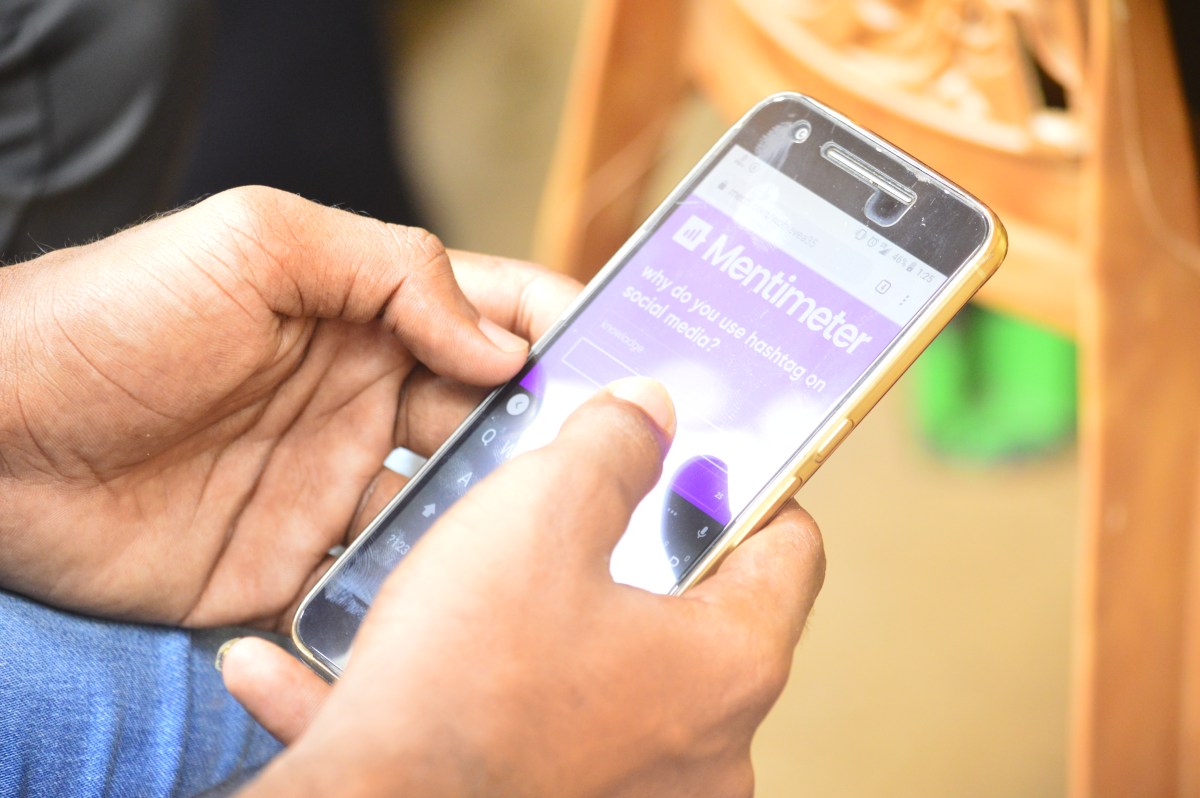“A blast has happened! A blast has happened! The news announcer kept repeating this phrase as if trying to make sense of it, his anxiety and vocal pitch rising with every utterance. Across Colombo and in the eastern city of Batticaloa, hotel windows burst into glass confetti as more suicide bombers targeted three luxury hotels and two other churches on Easter Sunday in Sri Lanka 2019.
We have these kinds of attacks, which target everyday people doing everyday things in everyday places, here, too. You could be at a mall, church, concert venue, bus stop, school, or getting your nails done when someone with an AR-5 or a gassed-up SUV commits the undoable do-over. Sometimes, these acts of terror are because you’re the “wrong” color, or you pray to the “wrong” God, or you were born in the “wrong” place. Other times, they are a senseless “just-because.” In the aftermath of such violence, it’s tempting to cocoon inward, waiting for our hearts to unfist.
Since our merger with Search for Common Ground, we’ve been learning a lot about digital peacebuilding because Search is a pioneer in this field. Digital harms, such as online hate speech directed at marginalized groups or polarization over societal problems, stoke real-world violence. Digital peacebuilding uses platforms such as Facebook to respond to digital harms in order to strengthen trust, agency, and a sense of belonging. Isn’t that what the internet was made for? Since one billion people, mostly living in highly-polarized societies, will come online by 2027, the need to harness the power of technology to build social cohesion has never been so great.
What is Social Cohesion?
Social cohesion is the glue that holds society together. Search has identified three measures of social cohesion: First, how much do people trust one another (horizontal trust)? How much do people trust institutions such as the government or the media, institutions meant to govern and/or serve us (vertical trust)? How much power do we feel we have to impact our future (agency)? Digital technologies (think smartphones, AI, blockchain, and the metaverse, among others) and social media platforms have a huge potential to create social cohesion, which is necessary for healthy societies to thrive. Healthy societies remain resilient through the shocks of conflict.
Digital Peacebuilding in Action
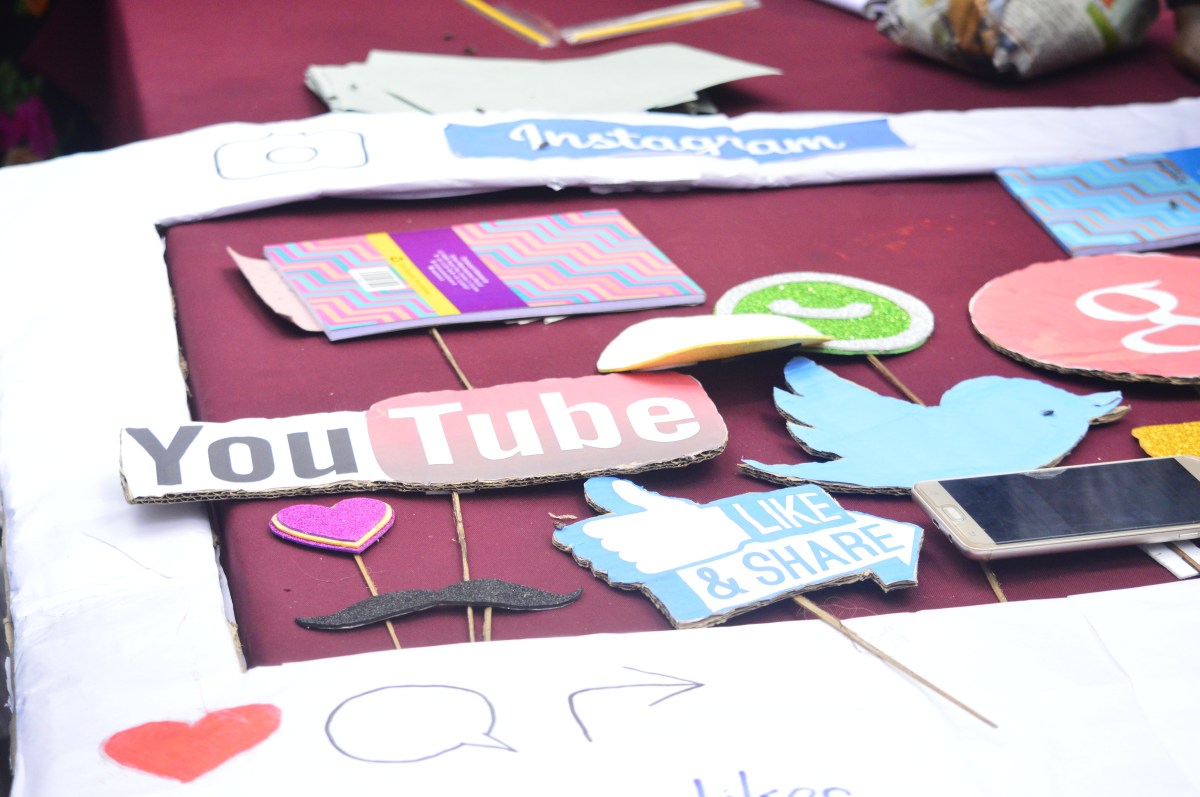
Search discovered that 40% of social media users, about 1.8 billion people, use Facebook groups every month. When Search asked people what kind of harmful content they faced online and how they reacted, people often reported that the most harmful content they consumed was in private Facebook groups. In response to maligning content, people often blocked the user or exited the group. Search thought there had to be a better way.
Community Stewards
In Facebook groups, a moderator, usually a volunteer, controls content by establishing rules of conduct for the group and setting the tone for what can be posted in the group. We call this moderator a community steward. The community steward addresses conflict and friction between members and determines how healthy and safe the online experience will be for group members. They promote the idea that the online group space can be positive, where people can feel trust and be trusted in return.
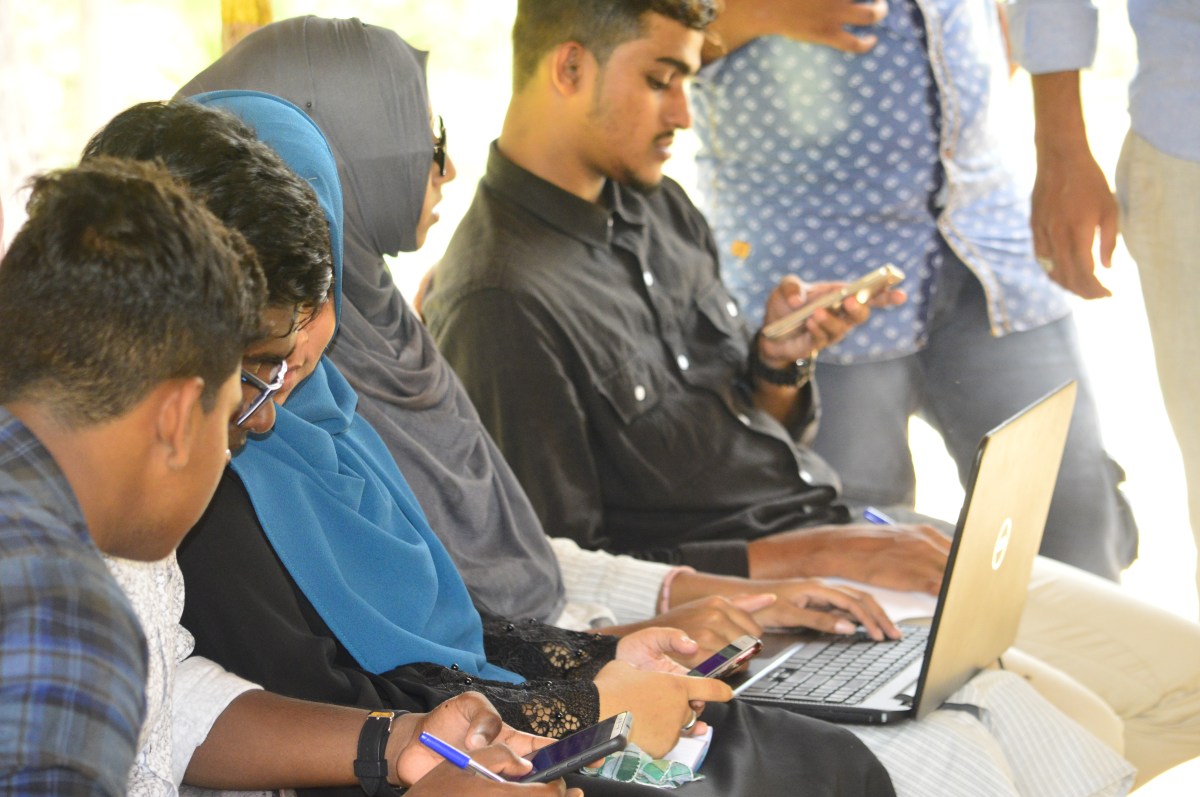
Search had been working in Sri Lanka before the Easter Bombings happened. Search’s team had piloted a program with community stewards, training them to detect fake news and stop its spread, deal with harmful content posted by group members, and promote content that bridges societal divides.
Sri Lanka’s Cyber Guardians
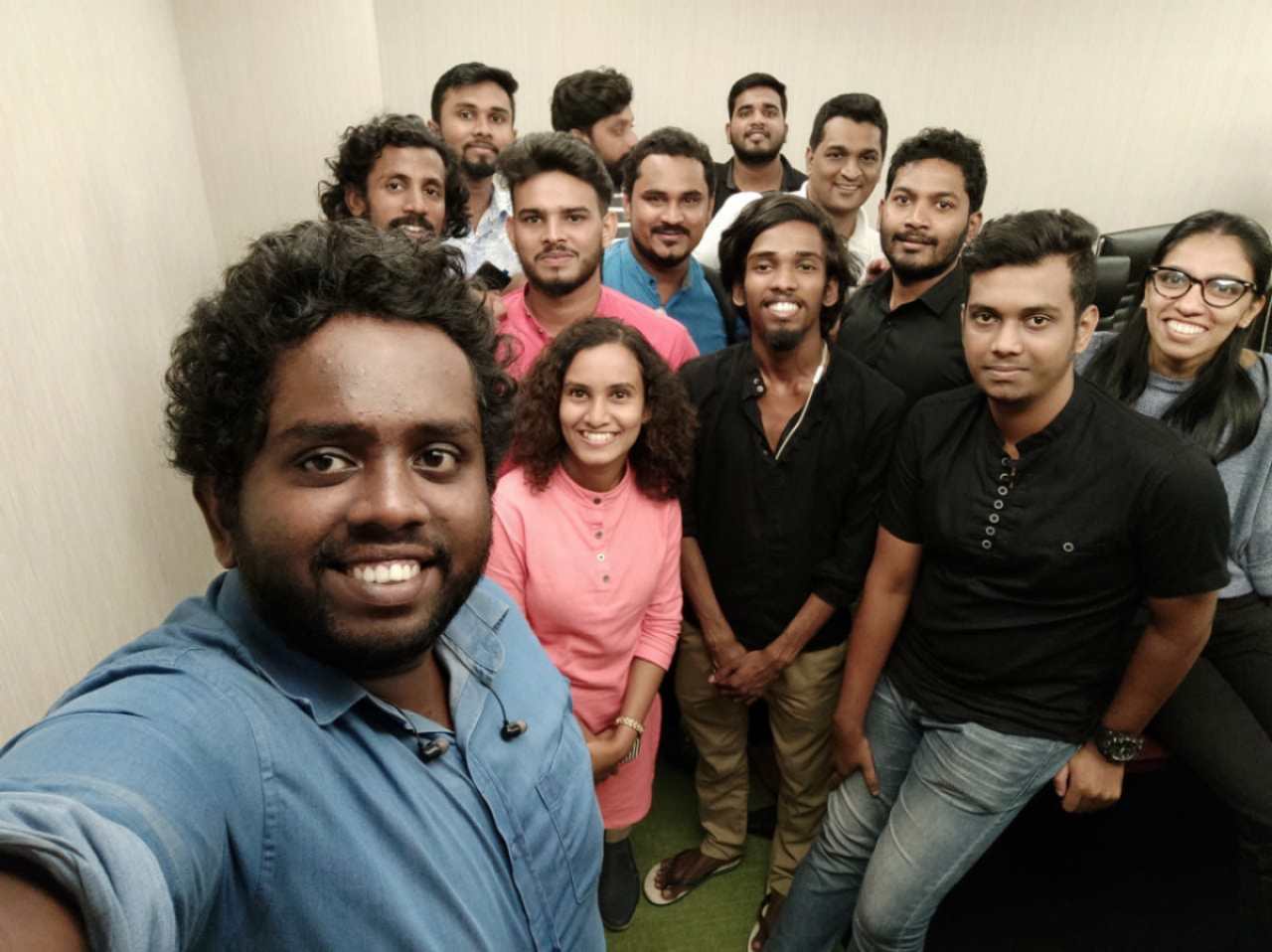
The Cyber Guardians were originally not involved in peacebuilding. Instead, they were Sri Lanka’s top lifestyle influencers, representing interests such as sports, cooking, and fashion in social media. Because Facebook is ubiquitous in Sri Lanka, Search recognized the power the influencers would have collectively to prevent offline violence in times of crisis. After Search convinced the top influencers to become Cyber Guardians, they received training in conflict analysis and mitigation strategies and in detecting fake news and stopping its spread.
Because the Easter Bombing attackers were linked to Islamist groups, riots, and anti-Muslim attacks increased after the bombings. Online hatred towards Muslims, a religious minority in Sri Lanka, was being stoked. One day, a rumor spread online that 11 police officers had been killed in a Muslim village. A government minister went on television and repeated it. Immediately, the Cyber Guardians mobilized, getting on their platforms and posting the rumor with a “Fake News” banner above it. They reached over 70% of Sri Lanka’s social media users. They also alerted the government so that four hours later, the same government minister went back on TV to dispel the rumor. By dispelling the fake news, anti-Muslim riots and offline violence were averted.
At a time when digital tools intensify outrage and division, digital peacekeeping shows how these same tools can be used to build social cohesion and improve civic health. By bringing together practitioners who heal division and people who design for tech, we can create healthier platforms fostering the trust and collaboration necessary to prevent harm and promote social good.
To learn more about the free digital steward training click here.

